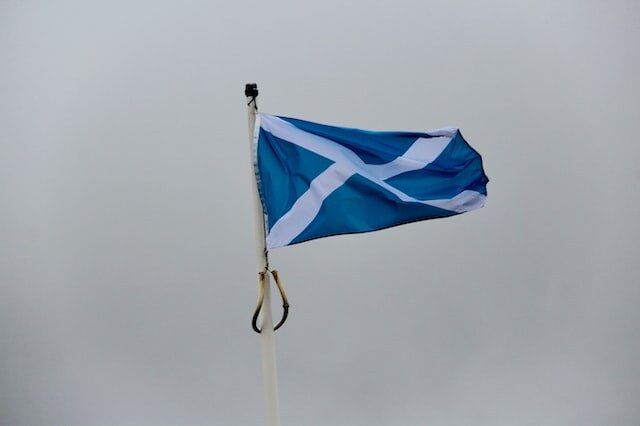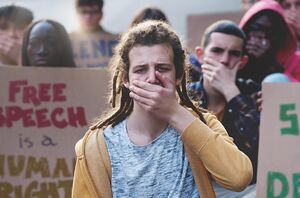Freedom of Speech
Poll shows that Scottish Christians are left feeling unsupported by government

A recent poll by Logos Scotland reveals that a majority of Scottish Christians feel unsupported by the Scottish Government.
Over 70% believe the government does not back their faith, with concerns about abuse and negative attitudes toward Christian politicians in the media.
Logos Scotland, a think tank established last year, aims to influence public discourse from a Christian perspective.
Their survey of over 1,000 Scots found that almost three-quarters of Christian respondents disagreed that the government has supported Christian principles in its recent legislation.
Two-thirds of Christians reported facing negative social attitudes, prejudice, and discrimination, with around 75% concerned about media abuse directed at Christian politicians.
CEO Shona Haslam commented, "These findings expose a palpable feeling of exclusion amongst Scotland's vibrant Christian community.
“One in three Scots hold a Christian faith, yet there is much work to be done to increase tolerance towards this faith group."
The survey also showed that non-Christian respondents largely do not share these views, with most believing Christians do not face discrimination and are not worried about criticism of Christian politicians.
However, over half of non-Christians surveyed acknowledged that the government were not supportive of Christians.
The poll examined how equipped Christians feel to speak on public issues, finding that attendees of the Free Church of Scotland feel most prepared, while Catholics and independents are most likely to discuss public policy matters. The Church of Scotland is least likely to engage in these discussions.
Logos Scotland advocates for a reset in government engagement with faith groups, especially with the new minority government in place.
Haslam says, “It is clear that there is much work to be done to increase tolerance towards this faith group.”
She welcomes First Minister John Swinney's emphasis on unity and inclusion and hopes the data will guide leaders to consider all Scots' views in decision-making, “to create a more inclusive, free and fair Scotland for us all.”
Share
